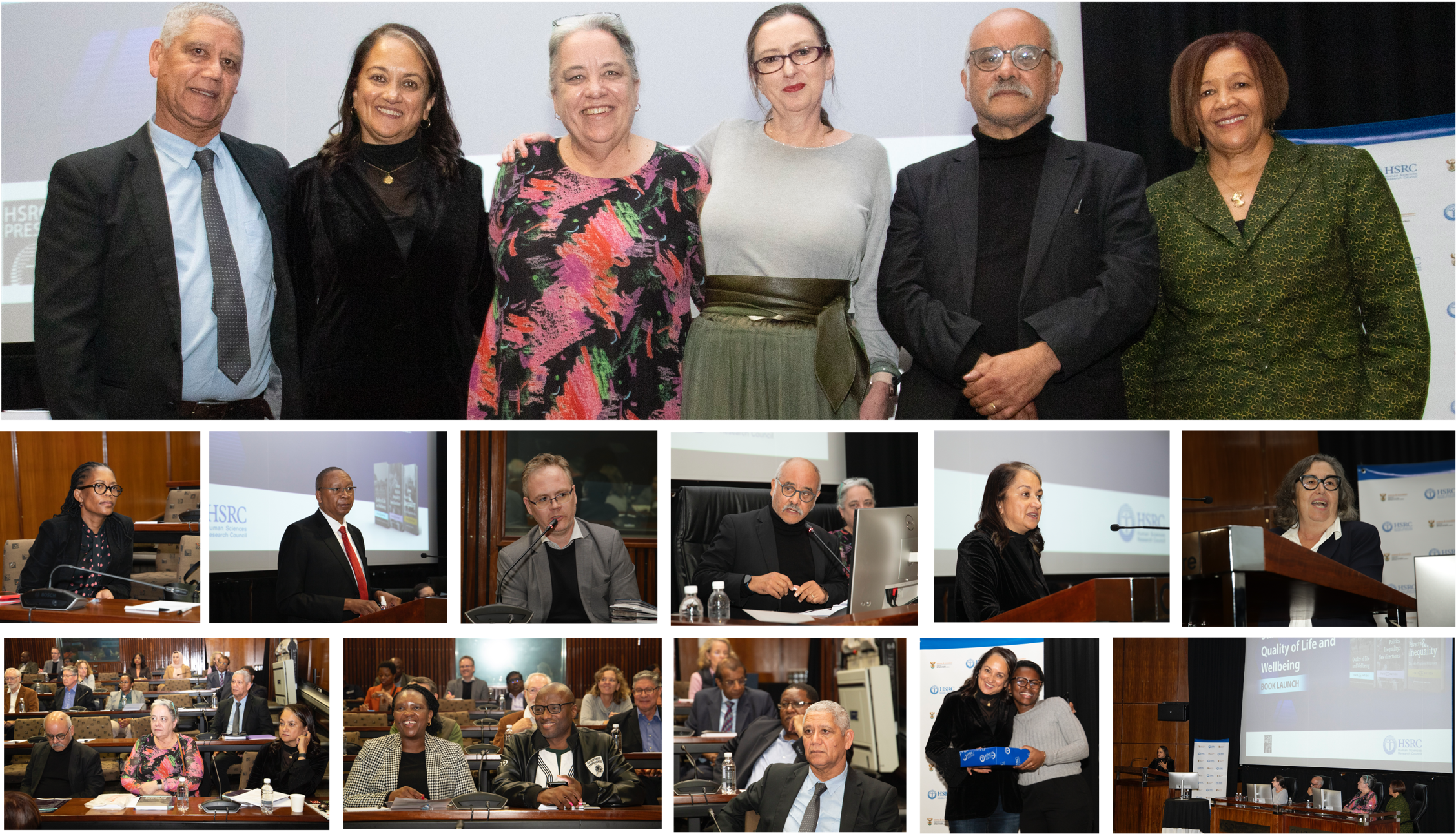Two colleagues from the HSRC’s Equitable Education and Economies research division will represent the Climate Land and Agrofood Systems (CLAS) team at the forthcoming Tshintsha Amakhaya (TA) National Indaba. The yearly TA National Indaba will take place between 7 and 9 of May in Gauteng. The CLAS representatives will share and discuss preliminary findings of the 2023 Agrarian Rural Household Economy (ARHE 2023) study with participants at the indaba. A key aspect of the ARHE 2023 study that TA contracted the HSRC to complete investigates changes in the livelihoods of agrarian communities since the 2011/12 report.



A dominant theme which emerged from the study is the deep-seated inequality that persists in agrarian rural households, particularly in terms of gender inequalities. This insight stands out from the preliminary findings of the ARHE 2023 survey and key informant interviews, allowing for a microscopic focus on how and why gender inequality persists.
On average, the total and per person incomes of women farmer households were well below the incomes of male farmer households. This difference was worse in the individual income of the farmers, where male farmers received more than double the income of women farmers. A similar trend was observed in farm workers and farm dwellers where men received more income than women. Key informants interviewed hold different views of gender disparities in the agrarian space. Some believed that males were more dominant while others believed that females were more dominant. However, one thought that resonated across interviewees was that certain roles are longstanding gender-specific traditions and allocated according to accepted social and gender norms. A deeper analysis will need to think beyond sociocultural, customary and subjective perceptions through integrating structural socioeconomic forces that shape agrarian inequalities.
For more information on the study, please see here.
While the current study is still underway, you can browse the HSRC’s repository for related outputs.


